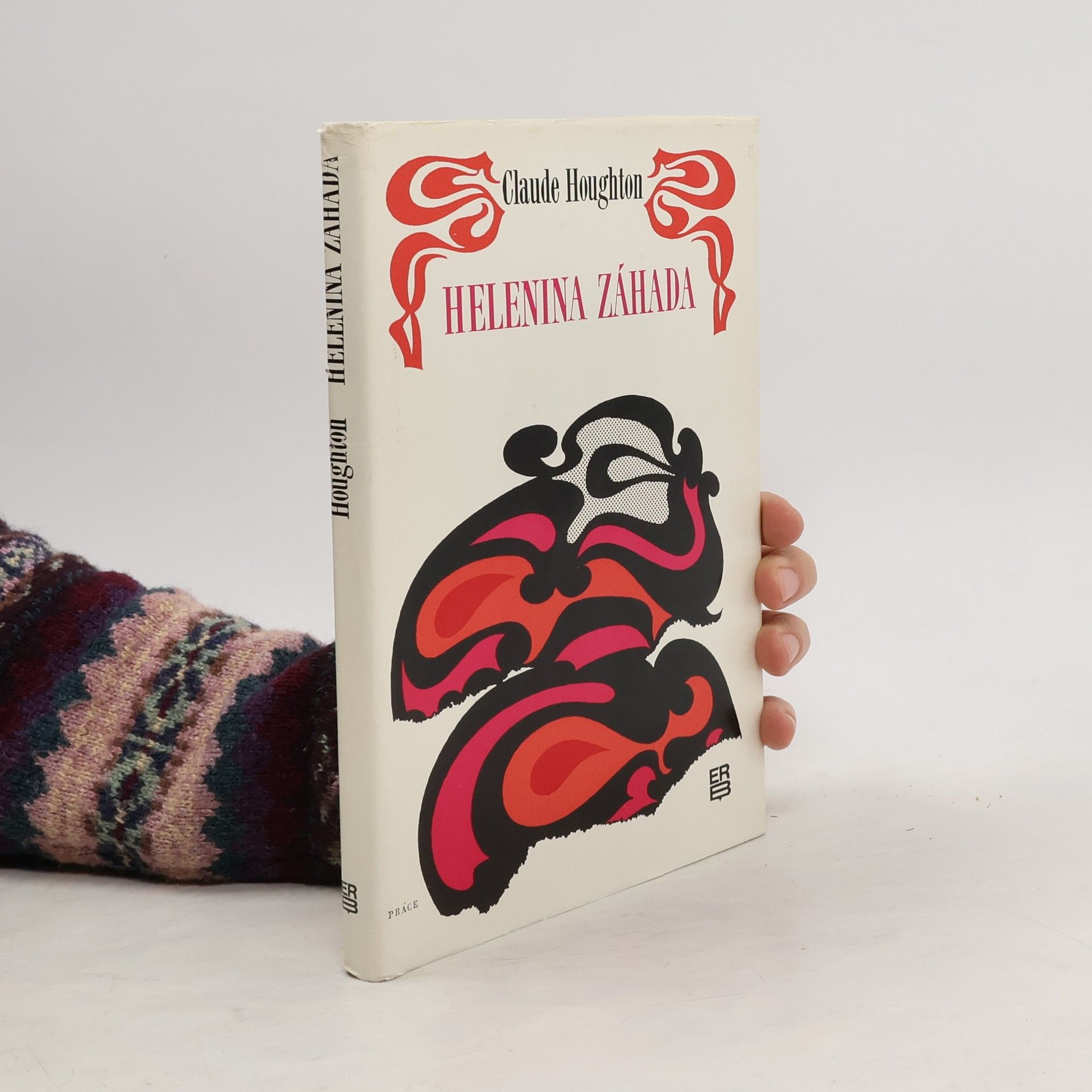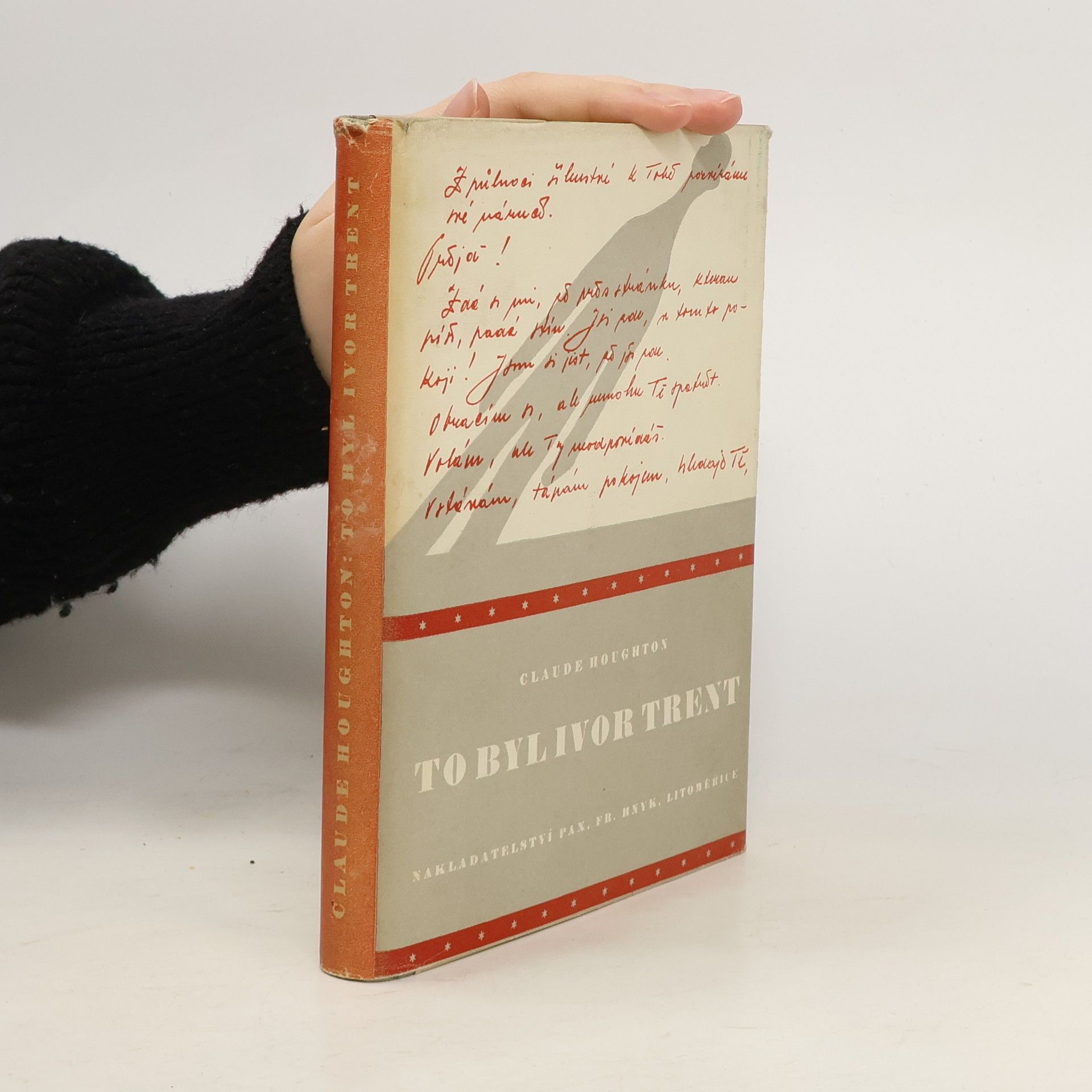I Am Jonathan Scrivener
- 280pages
- 10 heures de lecture
Claude Houghton s'est imposé comme une voix littéraire importante, notamment à travers ses romans des années 1930, qui exploraient des questions complexes d'identité et de psyché humaine. Son style distinctif se caractérise par un aperçu profond de la vie intérieure de ses personnages, employant un langage métaphorique pour explorer des thèmes tels que l'aliénation, la recherche de sens et la lutte de l'individu contre les forces sociétales. Houghton a magistralement utilisé les contrastes, souvent entre les environnements urbains et naturels, pour éclairer le tumulte intérieur de ses protagonistes. Bien que ses œuvres ultérieures aient poursuivi sa production prolifique, ses romans antérieurs restent la pierre angulaire de son héritage littéraire, offrant de profondes réflexions sur la condition humaine.







Petr Brand, v mládí osiřelý, těžce se probíjel životem, avšak pílí, houževnatostí a silnou vůlí se domohl v poměrně mladém věku vůdčího postavení v obchodním světě. Znal svůj cíl, věděl vždy, co chce, a dosáhl toho. Asi ve svém pětatřicátém roce ho náhoda svedla s Cartwrightema jeho dcerou Kristinou. Jakmile ji spatřil, cítil, že je to žena, na níž po celý život čekal, získal si ji a oženil se s ní. Její otec mu záhadně řekl, - že prvně vyšel ze svéoblasti - slova, jež Brandovi zněla podivně, mnoho mu neříkala, a jež brzy zapudil z paměti. Po desetiletém šťastném manželství Kristina náhle zemřela. Zoufalý Brand ztratil její smrtí smysl života - v hlubokém zármutku prohlíží po ní zbylé památky a znenadání nalezne svazek dopisů milenci. Je ohromen, vše se kolem něho hroutí. Pocítí, že narazil na cizí, soukromý život Kristinin, který je mu nepochopitelný. To asi mínil její otec - jinou oblastí. Rázem má opět cíl života - musí proniknout do toho cizího světa, musí nalézti jejího milence.
V románě rozvíjí anglický autor generační problém, otázku, jaký má mít mládež vztah k hodnotám generace rodičů. Mladá, ušlechtilá a průbojná dívka se zde v citovém vztahu kmuži vyrovnává s přežitky doby na jedné straně a přitom se snaží neupadnout do tzv. "svobody" moderních ženna straně druhé, přičemž se tak ocitá ve sporu, ve kterém se kdysi ocitli její otec a matka. 24-039-71
Lidstvo se musí změnit to je dojem, který si čtenář odnáší po přečtení tohoto duchaplného a originálního románu, kteří jak svou ironii tak svou ostrou kritikou moderního společenského a hospodářského zmatku mohl být napsán uprostřed války jen Anglii. Děj je nevšední Drake, umělec který měl v životě jen málo úspěchů obdrží místo jako společník Christophera Bella nesmírně bohatého muže ,který své jmění nechává nedotčenou a žije jen ze své práce Christopher byl kdysi slabomyslný, ale po nějakém čase byl opět prohlášen za zdravého .Jeho příbuzní se snažili onoho stavu využít aby se zmocnili velkého bohatství, které chtěl Christopher odkázat skupině mladých lidí jejichž cílem bylo zachrána z chaosu a obnova společenského řádu.